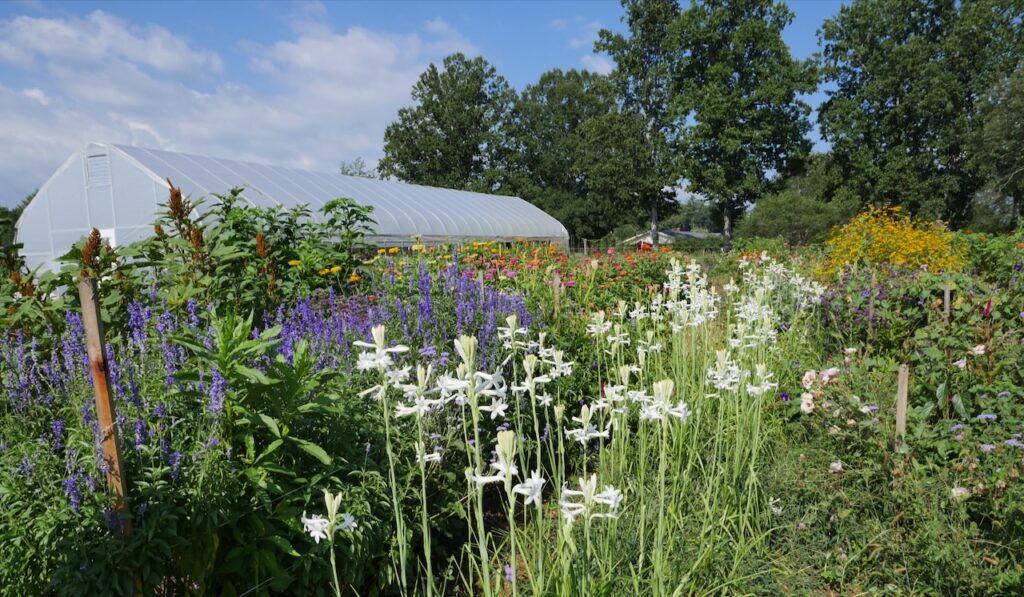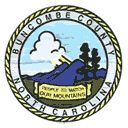Decisions for Beginning Farmers
go.ncsu.edu/readext?1000409
en Español / em Português
El inglés es el idioma de control de esta página. En la medida en que haya algún conflicto entre la traducción al inglés y la traducción, el inglés prevalece.
Al hacer clic en el enlace de traducción se activa un servicio de traducción gratuito para convertir la página al español. Al igual que con cualquier traducción por Internet, la conversión no es sensible al contexto y puede que no traduzca el texto en su significado original. NC State Extension no garantiza la exactitud del texto traducido. Por favor, tenga en cuenta que algunas aplicaciones y/o servicios pueden no funcionar como se espera cuando se traducen.
Português
Inglês é o idioma de controle desta página. Na medida que haja algum conflito entre o texto original em Inglês e a tradução, o Inglês prevalece.
Ao clicar no link de tradução, um serviço gratuito de tradução será ativado para converter a página para o Português. Como em qualquer tradução pela internet, a conversão não é sensivel ao contexto e pode não ocorrer a tradução para o significado orginal. O serviço de Extensão da Carolina do Norte (NC State Extension) não garante a exatidão do texto traduzido. Por favor, observe que algumas funções ou serviços podem não funcionar como esperado após a tradução.
English
English is the controlling language of this page. To the extent there is any conflict between the English text and the translation, English controls.
Clicking on the translation link activates a free translation service to convert the page to Spanish. As with any Internet translation, the conversion is not context-sensitive and may not translate the text to its original meaning. NC State Extension does not guarantee the accuracy of the translated text. Please note that some applications and/or services may not function as expected when translated.
Collapse ▲ One of the most daunting questions a landowner wrestles with is ‘what can I grow on my land?” Assessing the potential of a piece of land, and its suitability for agricultural enterprises, is a complex process of decision making. The best ideas balance both the assets and limitations of the land’s natural resources, a landowner’s interests and skill sets, and potential markets to sell farm products. Some of the questions that can help you in these decisions include:
One of the most daunting questions a landowner wrestles with is ‘what can I grow on my land?” Assessing the potential of a piece of land, and its suitability for agricultural enterprises, is a complex process of decision making. The best ideas balance both the assets and limitations of the land’s natural resources, a landowner’s interests and skill sets, and potential markets to sell farm products. Some of the questions that can help you in these decisions include:
Natural Resources
- Does your site have water access for irrigation?
- Surface water (creeks, ponds, and rivers) and wells are the most commonly used water sources. Surface water can be at risk for contaminants, and food safety measures are advised for edible crops.
- Is your land sloped?
- Most landowners in WNC operate on some level of a slope, and certain crops can adapt well to the water and air drainage a slope provides. Of course, steep land is most challenging for crop production, particularly for equipment access. The orientation of your fields is also important, so pay attention to how the sun tracks across your land throughout the year.
- How much sunlight do you have?
- Open fields can produce many types of crops, but there are also opportunities for shade production of native woodland plants, mushrooms, and forest products. Southern orientation maximizes sunlight, but can also cause plants to break dormancy earlier than preferred.
Interests and Skills
- Do you have experience with animals or particular crops?
- Grow what you like, and experiment with a range of plants early on to help you decide what might be the best fit for your land.
- If you are farming for the first time, have you visited other farms with similar production to see if it’s a good fit?
- Farm tours are an excellent way to see a variety of operations and talk directly to the farmers.
- What other skill sets do you have that can be assets for a farming enterprise?
- Farming demands a broad mix of skills beyond growing the actual crop, and it can be very useful to have a mix of abilities in marketing, financial management, engineering, and beyond. No one person can do it all, so also rely on skilled professionals that can help you when needed,
Potential Markets
- Do you want people to come to your farm, or would you prefer to take your products to market?
- Some people love weekly farmers markets, where they can interact directly with customers, others prefer U-pick or agritourism operations where customers are hosted at the farm. Think carefully about where you fall into this spectrum.
- How will you reach potential customers?
- Building your customer base takes time and needs to be strategic. Starting with your social networks and broadening out can be useful, allowing you to experiment with different ways to communicate. Social media posts, email promotions and newsletters are commonly used.
Asking yourself these questions provides you with initial directions to explore in the early stages of your farm business. Extension professionals are here to assist you as you evolve your farming aspirations from ideas into reality.




